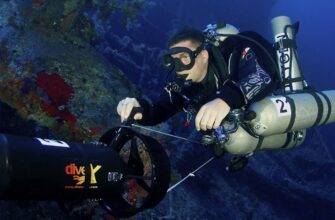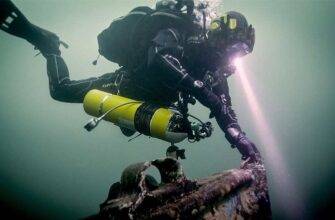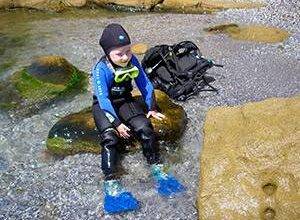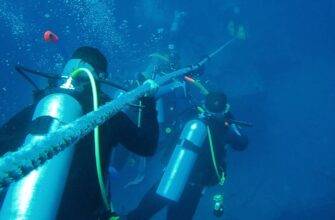More and more people on the planet are engaged in diving. After all, it is a great pastime and a constant flow of emotions and adrenaline. But the occupation of diving is always associated with risk and danger.
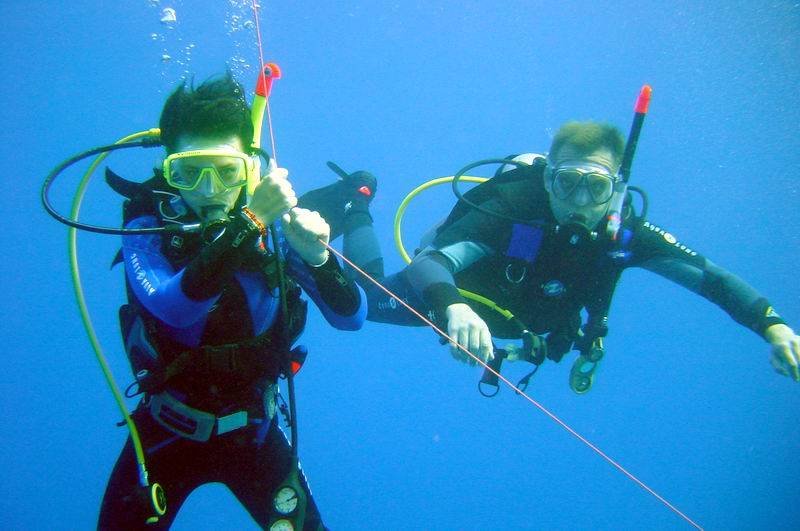
To make it less dangerous it is necessary to adhere to certain rules:
- Before going on vacation, take training at a dive club in your home country and get a certificate;
- Adhere to safety regulations;
- Choose the best equipment for yourself (even in rental);
- Never dive alone;
- Monitor your health and don’t dive if you feel unwell;
- Never consume alcohol on the eve of a dive;
- Never fall for a provocation in the form of: “How weak are you?”
And also remember, you can dive only two hours after meals.
By the way, if you are new to diving if you are new to diving, you should know that the first dive should take place in “closed water” (a bay, a swimming pool). If they suddenly suggested you to do some diving and took you to the open sea, be very careful.
Is diving dangerous?
If you dive without some knowledge and skills, diving is very dangerous for you. For starters, your health may suffer. For example, during an improper dive, crimping of the face can occur, causing bleeding in the capillaries of the skin and eyes.
The diver may also suffer barotrauma, which occurs due to pressure differences. A distinction is made between middle ear barotrauma (you can get one on the way down, resulting in ruptured eardrums), dental barotrauma, and intestinal barotrauma. There is a barotrauma of the lung. You can get it when surfacing, resulting in a ruptured lung, gas embolism.
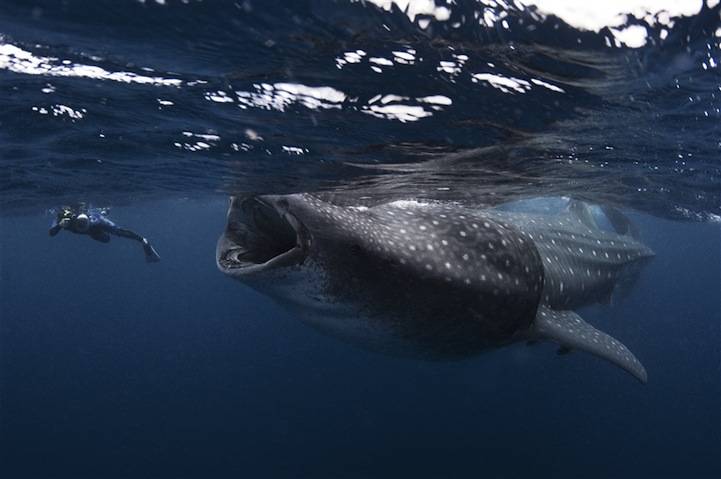 To prevent this from happening, you must:
To prevent this from happening, you must:
- Control your ascent rate.
- While underwater, do not hold your breath.
- When surfacing, be sure to exhale.
- Use blowing technique..
Who is contraindicated in diving?
People with chronic infections and acute infectious diseases should not dive.
Do not dive asthmatics, diabetics, hypertensive people, cardiac patients. Do not dive if you have eye or ENT diseases. Do not dive during pregnancy, menstruation or menopause. Because you do not know how the body reacts to a radical change of scenery.
Read More:
